
Chewing gum has been created in Russia to protect against tooth decay
Sechenov University has developed a "smart" chewing gum with an enzymatic complex aimed at preventing caries and strengthening enamel.

Sechenov University has developed a "smart" chewing gum with an enzymatic complex aimed at preventing caries and strengthening enamel.
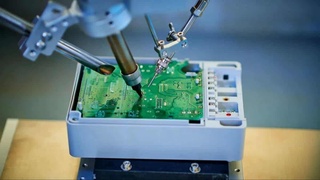
Scientists from Peking University in China have created the smallest and most energy efficient transistor in the world.

Not a single speck, even the smallest one, is currently observed on the Earth-facing side of the Sun.
Scientists have filmed a huge shark in Antarctic waters, where these predators have never been seen before, the Associated Press reports.
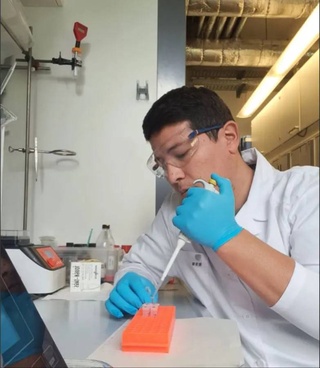
The research conducted by Olimjon Boymatov, a young scientist at the Institute of Plant Chemistry of the Academy of Sciences of the Republic of Uzbekistan, has become an important...

The largest asteroid in the last year will fly past Earth on February 14, the Laboratory of Solar Astronomy at the Institute of Space Research (IKI) of the Russian Academy of Scien...
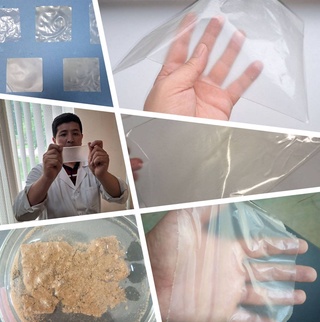
The problem of plastic waste has been one of the most acute environmental threats for many years. Plastic pollutes the soil and water bodies, harming the environment and human heal...

The Daily Star news portal warns of a high probability of a new global pandemic, known as "Disease X," which, according to forecasts, could break out as early as 2026.

The Arctic has experienced an unprecedented year of climate change: from October 2024 to September 2025, average temperatures in the region were the highest in 125 years of observa...
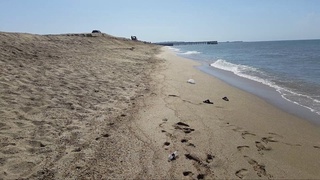
The staff of the Institute of Geography of ANAS confirms that the retreat of water in the Caspian Sea is not a temporary phenomenon, but part of large—scale processes that can chan...

The Russian Academy of Sciences (RAS) will begin exploring the possibility of implementing a project to transfer part of the waters of the Siberian Ob River to Central Asian countr...
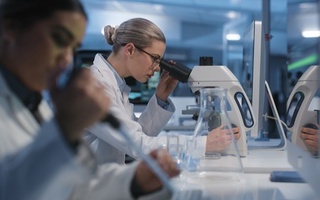
It was found that 88% of the mice injected with the vaccine did not develop tumors. The results confirmed that the vaccine not only reduces existing tumors, but can also prevent ca...